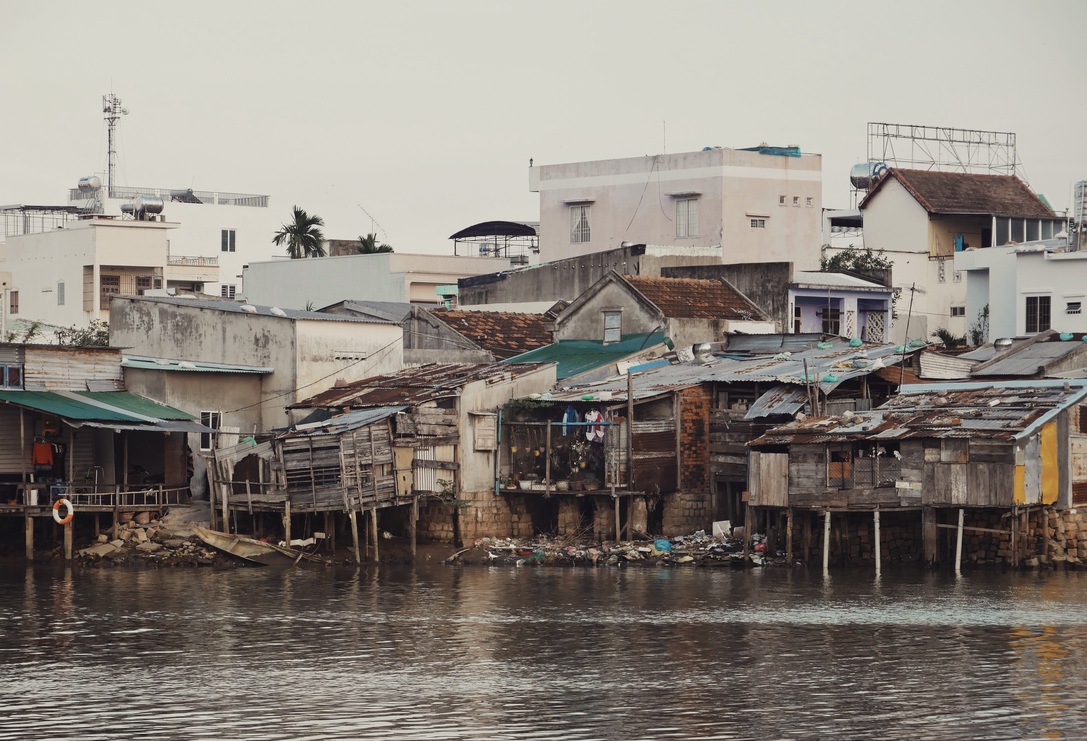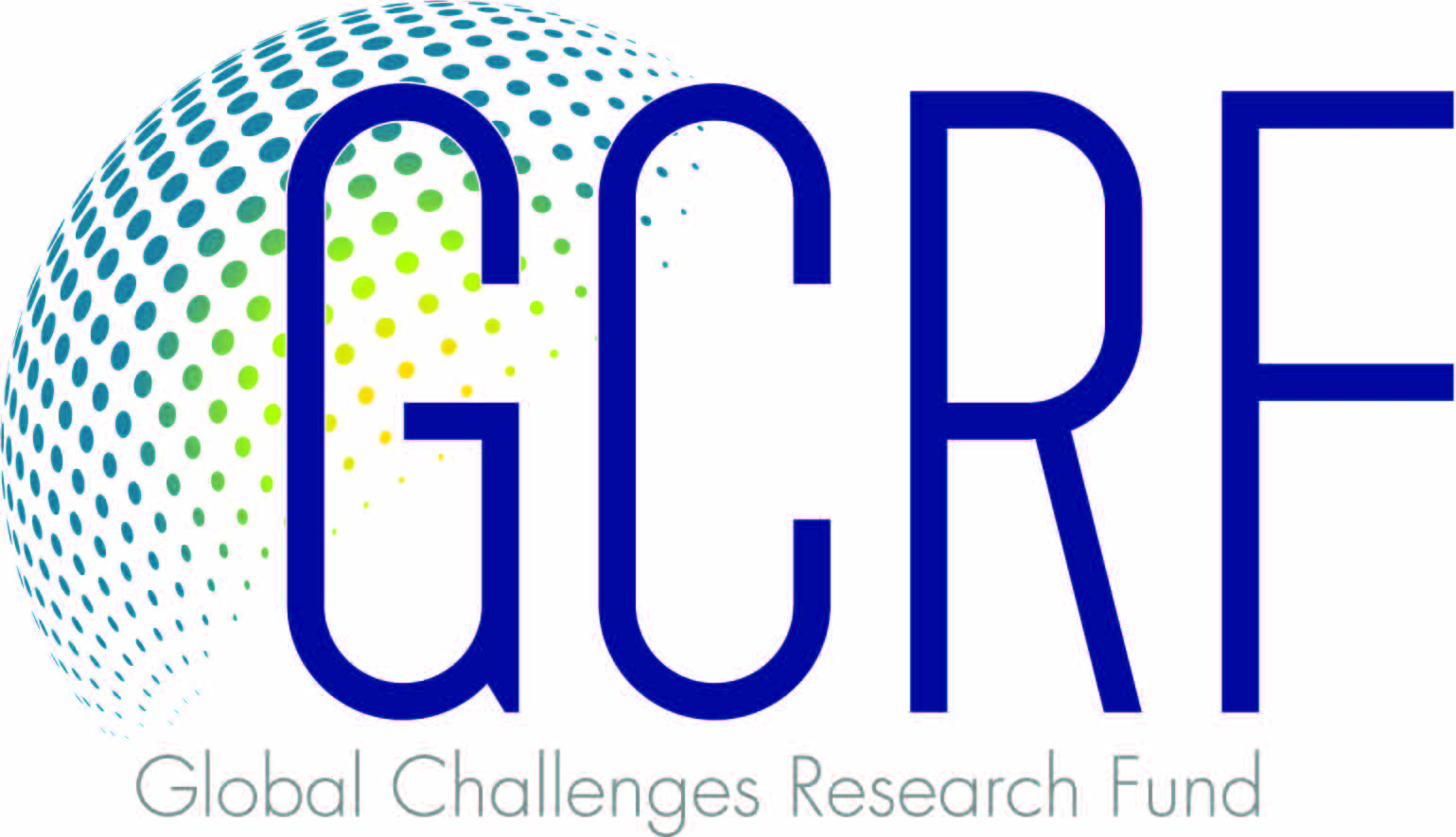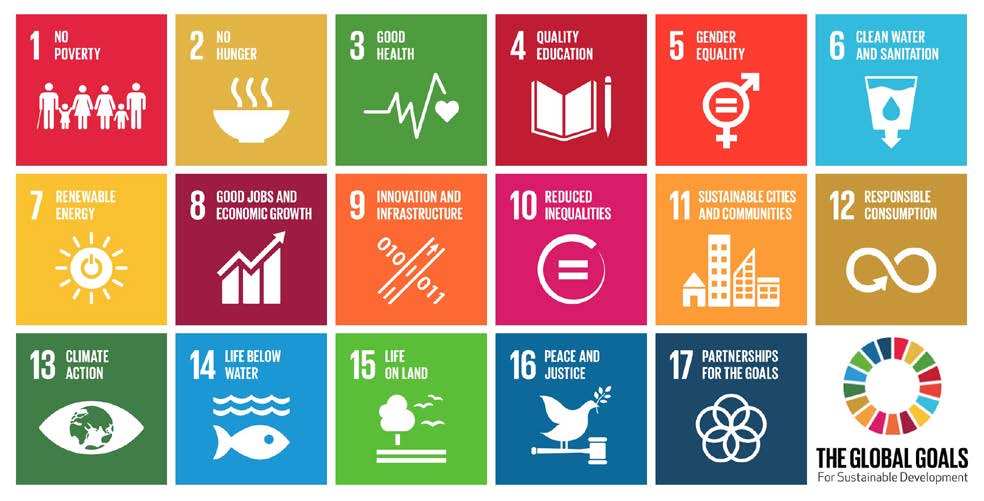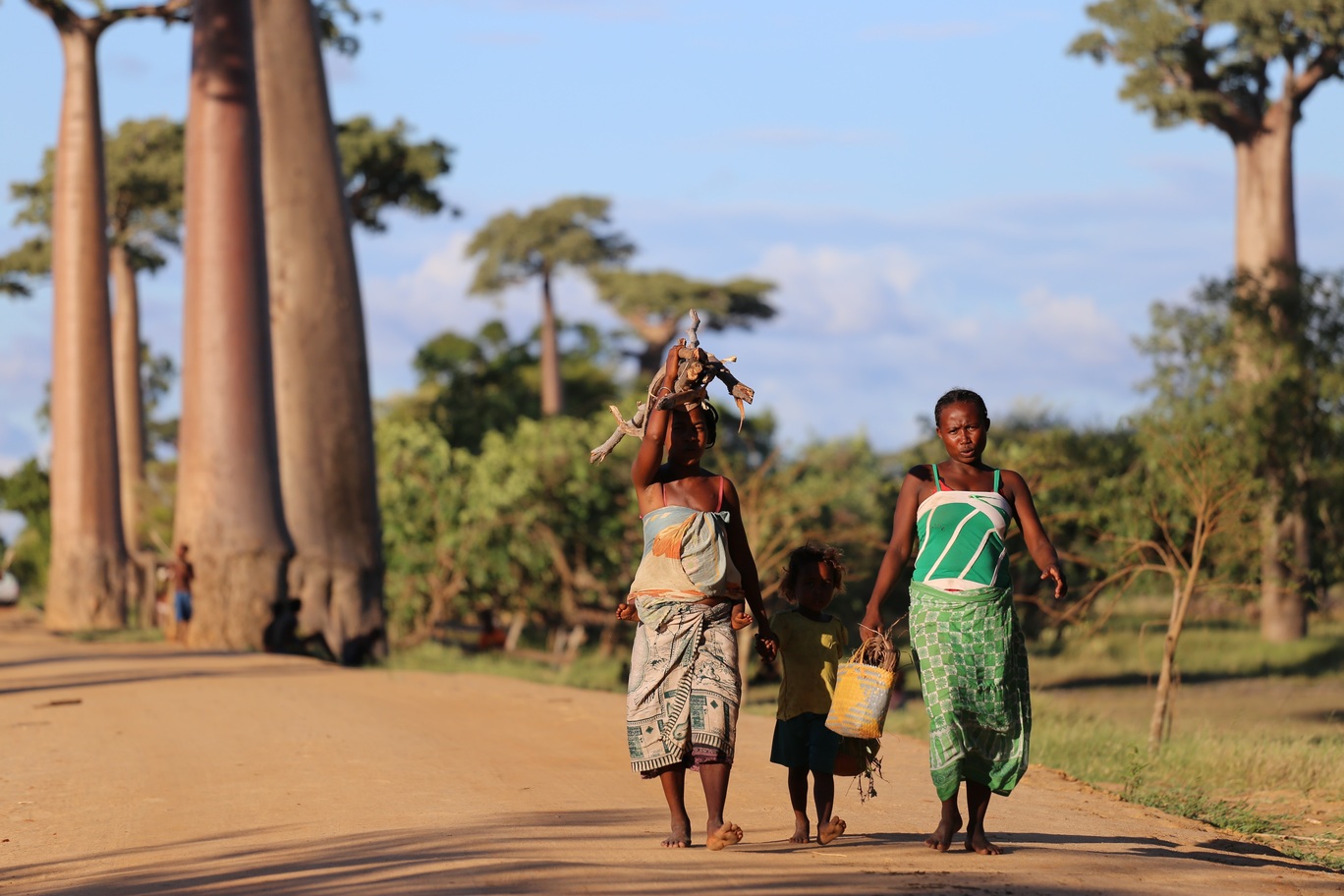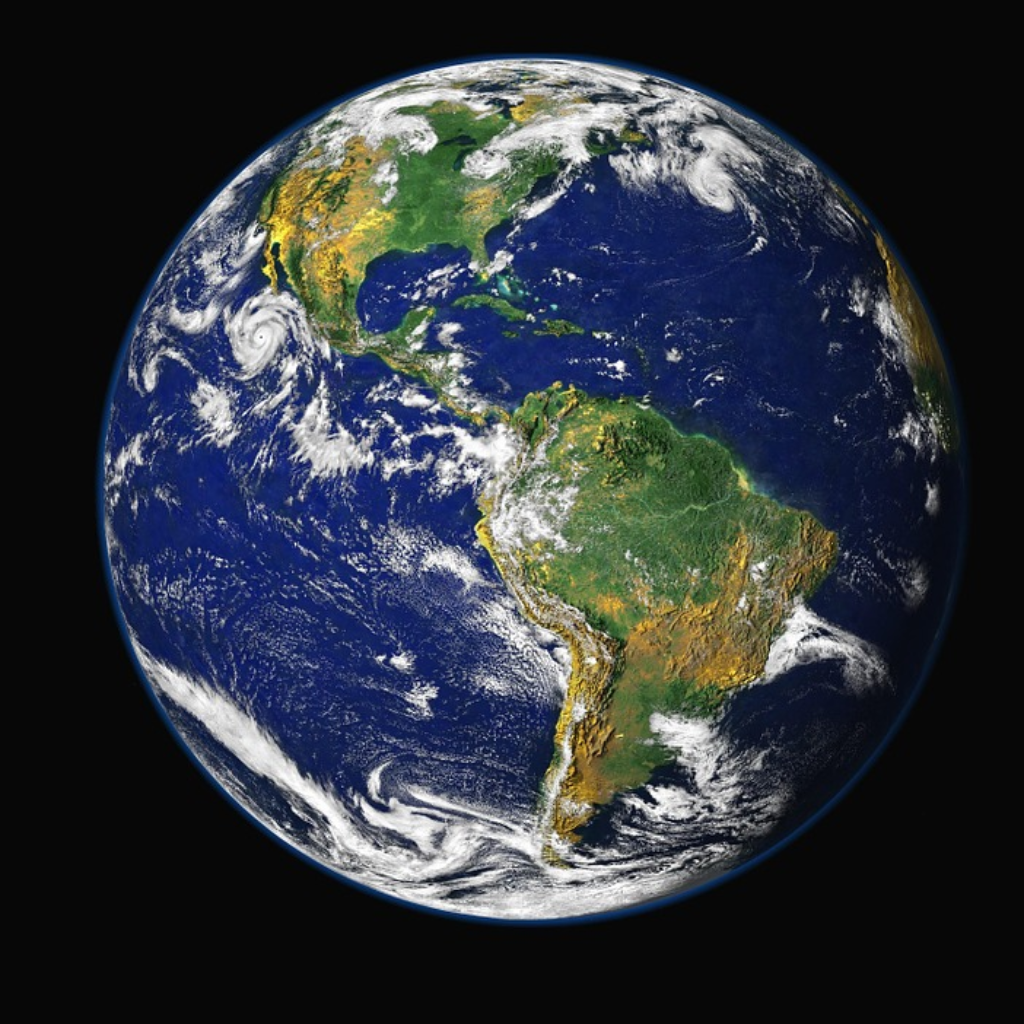The GCDC was established in 2018 to support the University of Kent's commitment to building capacity in ODA (Overseas Development Assistance) countries and enabling challenge-led research that will create social, environmental and economic benefits.
Where it all started: the Global Challenges Research Fund
The GCDC is funded by the Global Challenges Research Fund (GCRF), a £1.5 billion fund announced by the UK Government in late 2015 to support cutting-edge research that addresses challenges faced by countries on the Development Assistance Committee (DAC) list of Official Development Assistance (ODA) Recipients.
Kent has been a key beneficiary of the GCRF since it began in 2015. This includes two major projects:
- BioPharma: to establish production capacity for biopharmaceuticals and animal vaccines in Thailand and neighbouring South East Asian countries (Biosciences).
- COMPASS: to build capacity in eastern Europe and central Asia (Politics and International Relations).
In addition to discipline-specific external GCRF grants, the University receives an annual GCRF QR allocation to support internal initiatives that will foster ODA-compliant partnerships and research. In 2018, the University agreed a strategy with Research England to put in place a number of initiatives with this allocation, including the Global Challenges Doctoral Centre.

